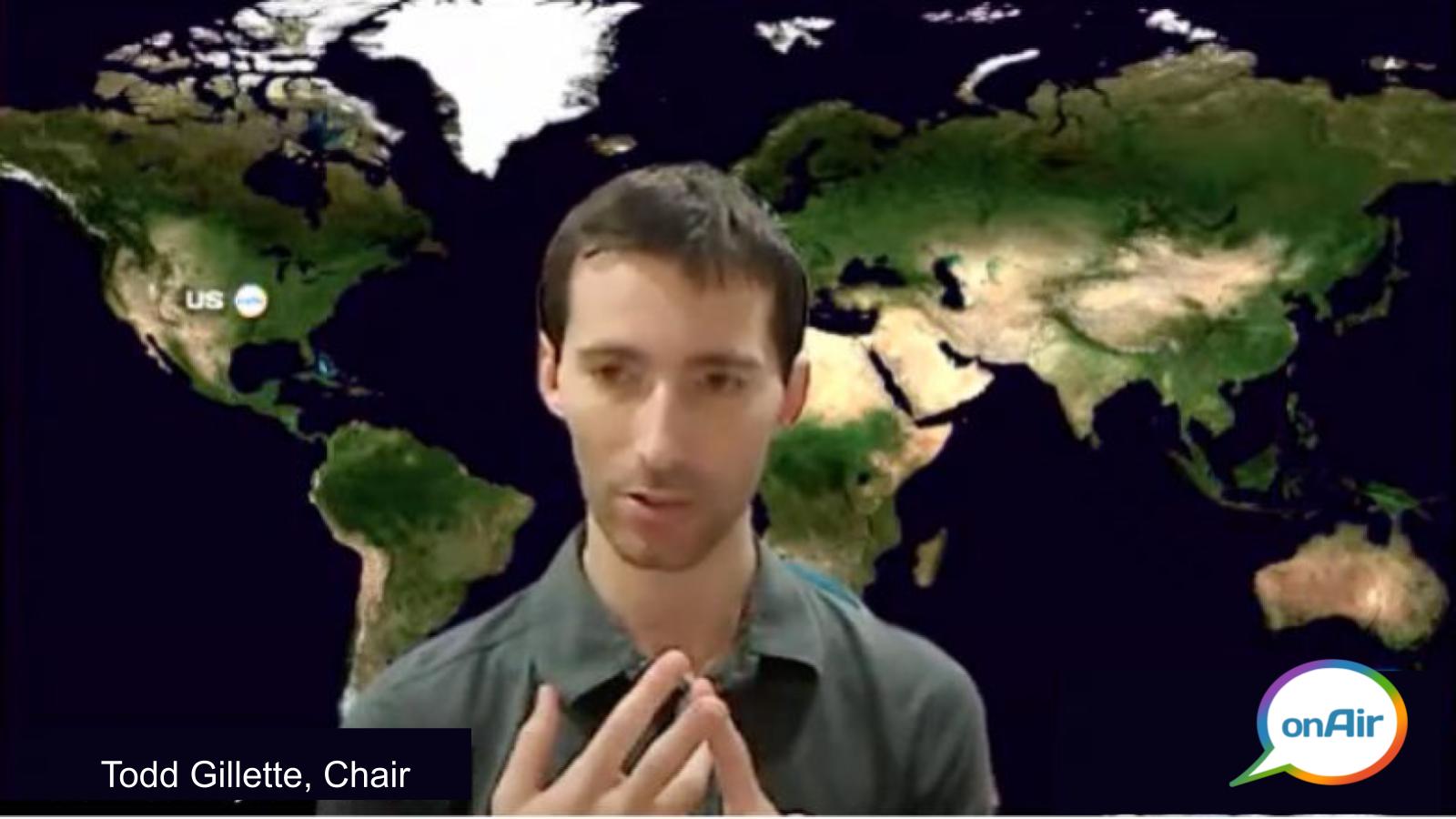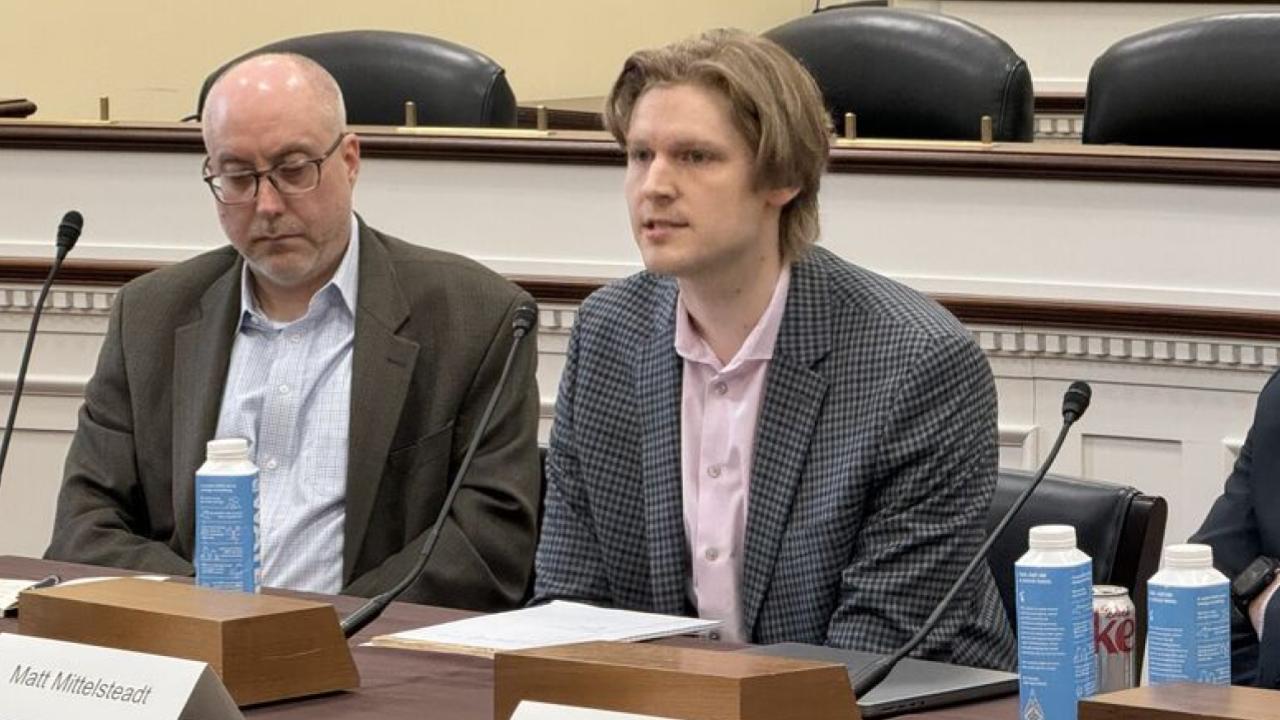George Mason is building a nexus of collaboration and resources on campus, throughout the region with our vast partnerships, and across the state, called AI2Nexus.
As a model for universities, AI2Nexus is based on four key principles: Integrating AI to transform education, research, and operations; Inspiring with AI to advance higher education and learning for the future workforce; Innovating with AI to lead in responsible AI-enabled discovery and advancements across disciplines; and Impacting with AI to drive partnerships and community engagement for societal adoption and change.
George Mason University is driving rapid AI adoption and advancements across the Commonwealth.
As the largest and most diverse university in Virginia, just outside Washington, D.C., George Mason University is leading the future of inclusive artificial intelligence (AI) and developing responsible models for AI research, education, workforce development, and community engagement within a modern university.
As AI reshapes industries, George Mason combines fearless ideas that harness the technology’s boundless potential to address the world’s grand challenges, while creating guardrails based on informed, transdisciplinary research around ethical governance, regulatory oversight, and social impact.
Led by the university’s inaugural vice president and chief artificial intelligence officer (CAIO) Amarda Shehu with an AI Visioning Task Force, George Mason is reimagining operational excellence in every facet of the university.
Source: AI Webpage
George Mason University – 04/09/2024 (01:18)
https://www.youtube.com/watch?v=5TLBzTpBGwA
George Mason University has named Associate Vice President for Research for the Institute for Digital Innovation (IDIA) Amarda Shehu as the university’s inaugural vice president and chief artificial intelligence officer (CAIO). In this role, Shehu will lead the strategy and implementation of AI across research, academics, and partnerships for the university, maximizing opportunity and adoption in addressing the world’s grand challenges while leading on ethical considerations, governance, and risk mitigation
OnAir Post: AI2 Nexus














